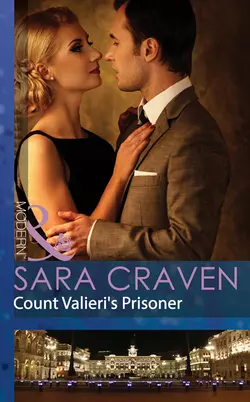Count Valieri′s Prisoner

Сара Крейвен
Тип: электронная книга
Жанр: Современные любовные романы
Язык: на английском языке
Стоимость: 152.29 ₽
Статус: В продаже
Издательство: HarperCollins
Дата публикации: 16.04.2024
Отзывы: Пока нет Добавить отзыв
О книге: Kidnapped and held for ransom…Things like this just don’t happen to Maddie Lang! She’s grown up in a sleepy little English village, so doesn’t expect a research trip to Italy to end in her being held captive by the infamous Count Valieri… His price? Her innocence!Holding her under lock and key in his luxurious casa, the Count is ready to strike a deal to save his family – one with an unconventional method of payment! As much as Maddie wills her traitorous body not to respond, his practised touch sparks the first flickers of what could become dangerously addictive flames…‘This is what the Modern series is all about! Sara writes with such passion and drama, can’t wait for the next book.’ – Jemma, 43, Norwich